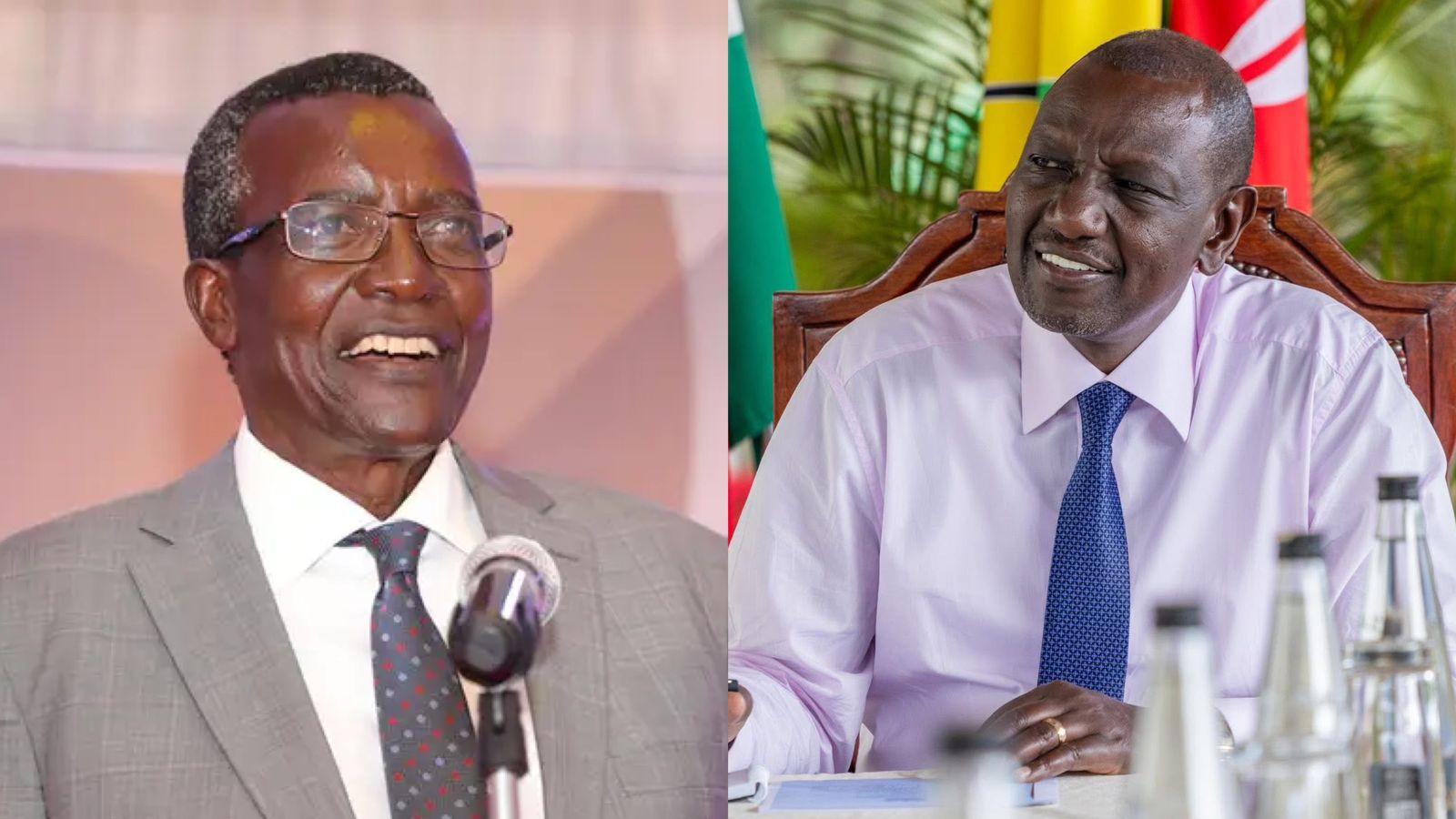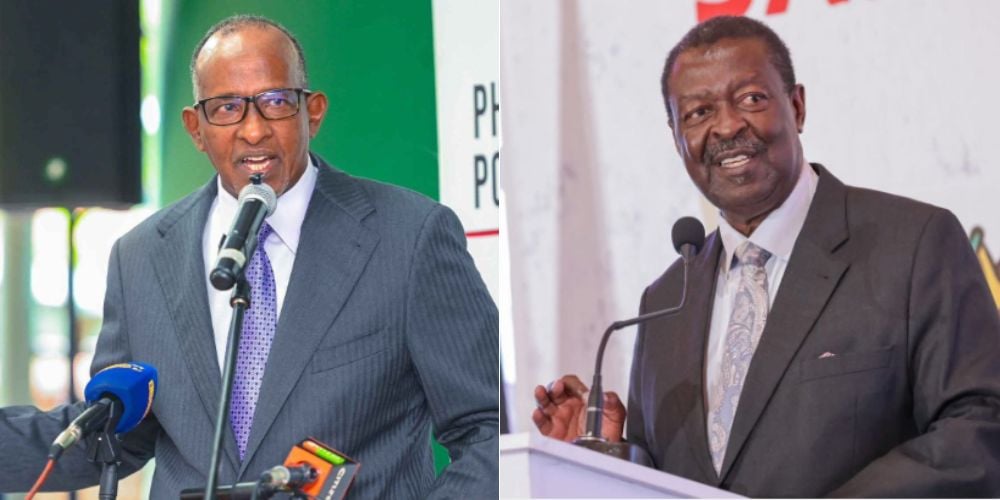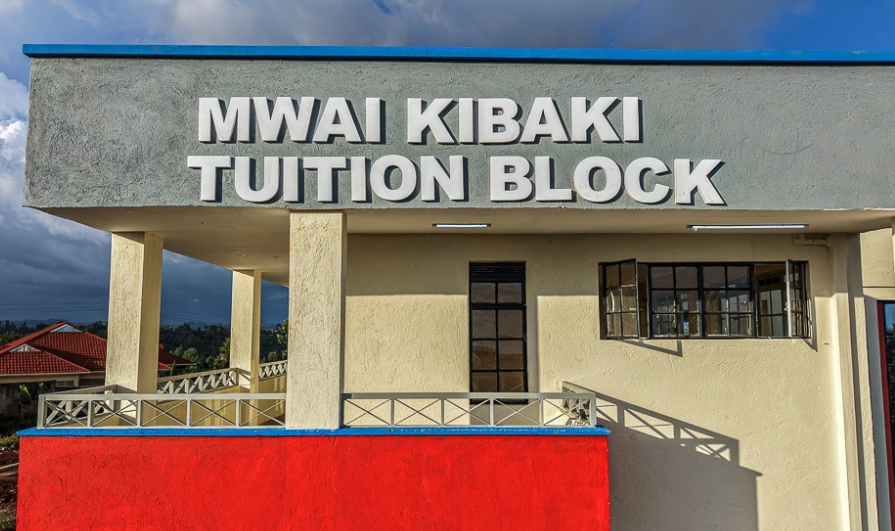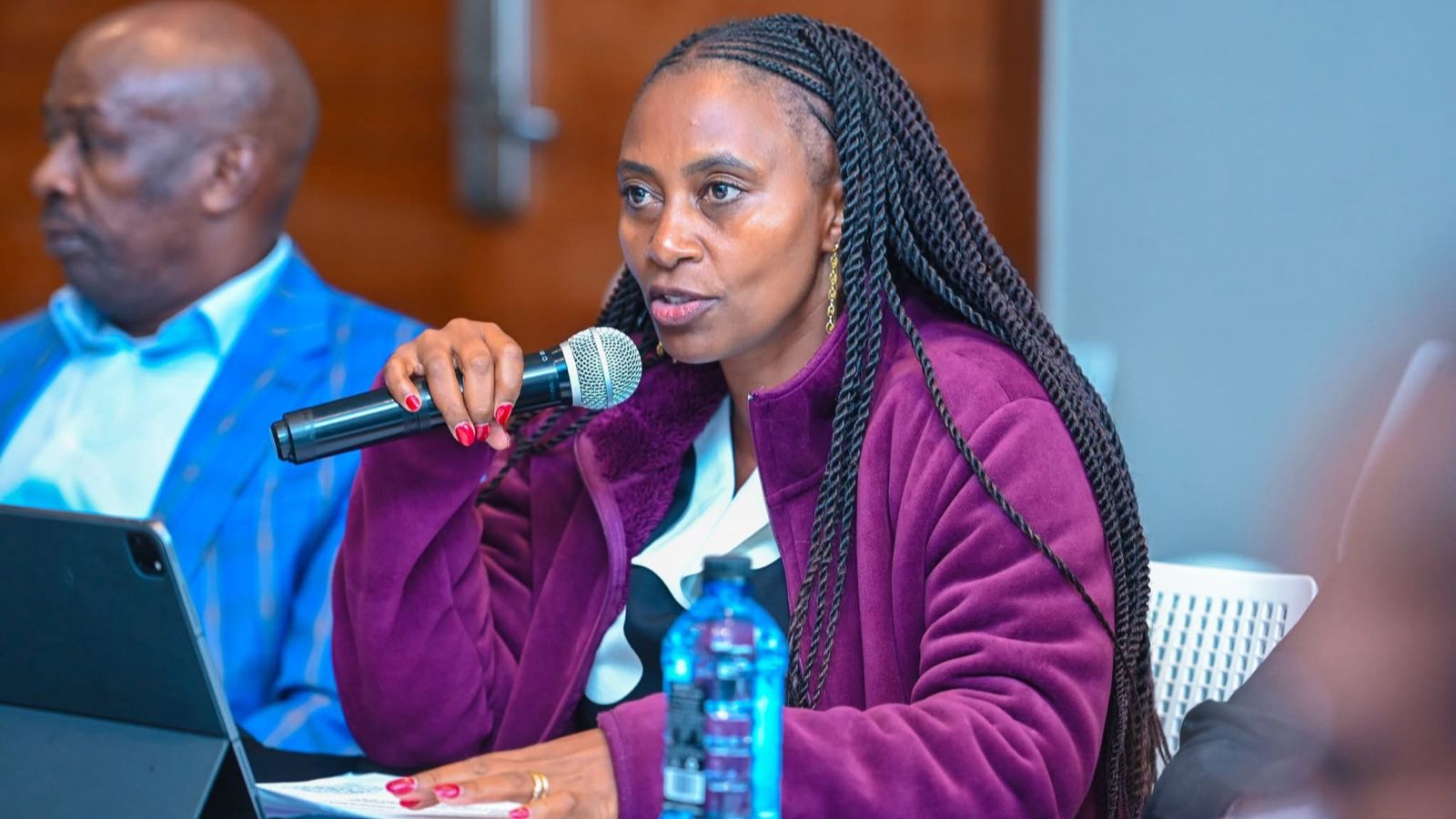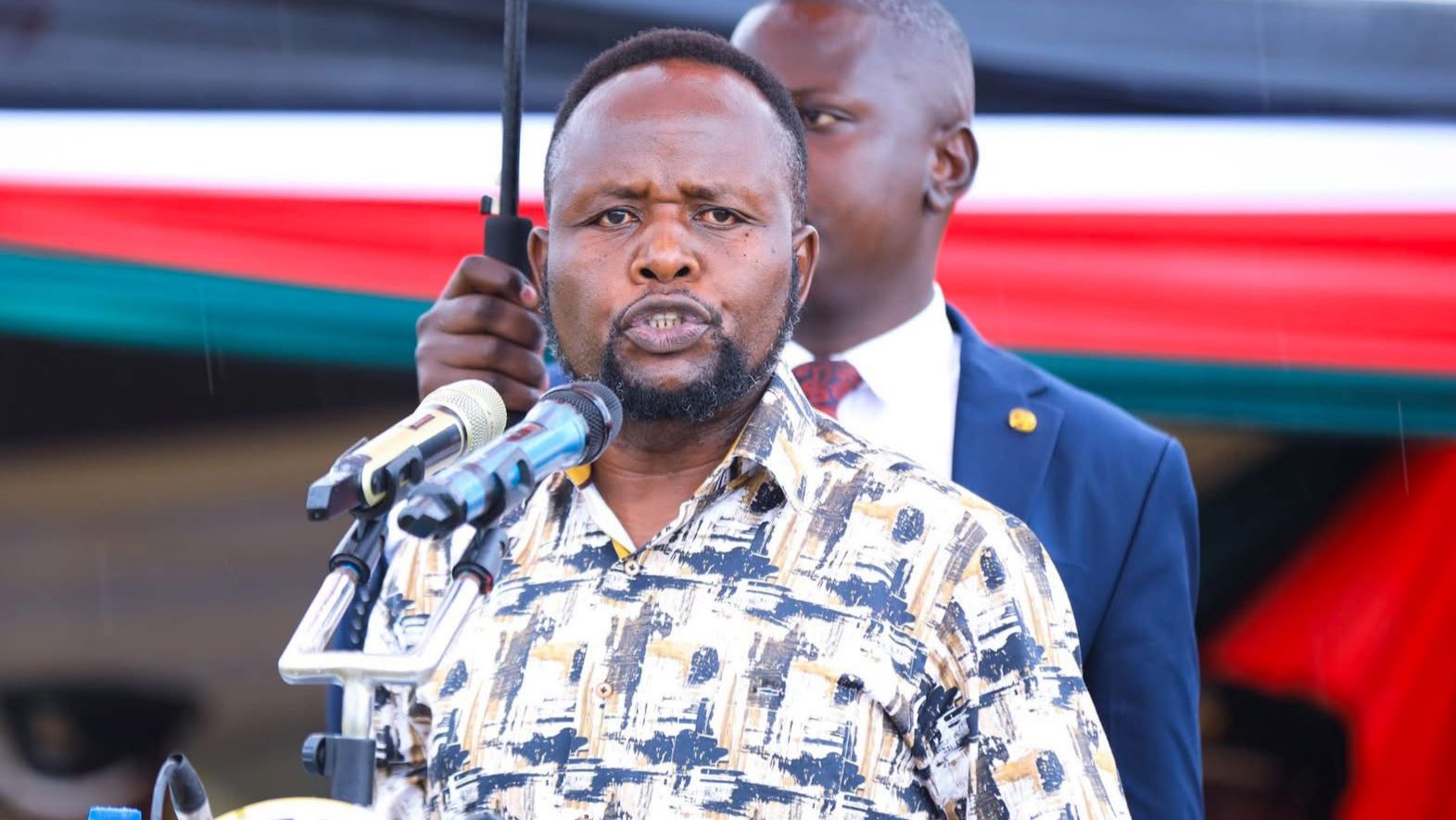Former Chief Justice David Maraga has criticized President William Ruto's administration, accusing it of undermining constitutional freedoms and losing legitimacy to govern Kenya.
Speaking on Tuesday, the 2027 presidential aspirant noted that the timing and content of eight Bills recently signed into law demonstrated the government's contempt for democratic principles and the will of the people.
"At exactly the same time that the nation was grappling with the news of the demise of Raila Odinga, President Ruto was in the State House signing into law not one but eight bills, some of which are quite draconian," Maraga stated during a media briefing at Nairobi's Panafric Hotel.
The former Chief Justice argued that the President's actions showed a fundamental disregard for the Constitution he swore to uphold.
"President Ruto has lost the legitimacy to continue to lead our beloved country. A president who does not have any regard for the constitution under which he governs has no legitimacy to continue governing this country," he declared.
Read More
Maraga further criticized the administration's contradictory messaging about national development while simultaneously dismantling the foundations of democratic governance.
"You speak of moving Kenya from third world to first world, yet you destroy its very foundations of sovereignty," he added.
During the briefing, Maraga stated that the recent presidential assent to the Bills marked a dangerous turning point for the country and exposed the government's disregard for constitutional principles.
"We stand here as Kenyans who are deeply concerned about the trajectory our country is taking," Maraga said. "It is a mockery of the ideals that Raila Odinga fought for, and a mockery of the 2010 Constitution we swore to protect."
Among the Bills that drew Maraga's strongest criticism were amendments to the Computer Misuse and Cybercrimes (Amendment) Act 2025, which he argued were designed to suppress dissent and curtail political freedoms.
"The amendment seeks to control political expression," he said. "It is not lost to us that in June 2024, when youth rose against the Finance Bill, President Ruto labeled them criminals and terrorists."
The former Chief Justice warned that the changes give the government the power to shut down websites and digital platforms such as Facebook, YouTube, and TikTok under the guise of combating illegal activity.
"This committee becomes the investigator and the judge, infringing on the freedom of media use," he warned. "It lacks any form of judicial oversight, which is a clear violation of the rule of law."
President William Ruto assented to the Computer Misuse and Cybercrimes (Amendment) Act, 2025, on October 15.
While some provisions have been welcomed for addressing modern digital crimes, others have sparked controversy over potential threats to online freedoms.

The newly introduced Section 46A gives courts or authorized officers powers to order the removal of content from computer systems and to block or shut down digital platforms deemed to host illegal content.
While the government argues this prevents the spread of harmful material, critics see it as a potential tool for state overreach against dissenting opinions.
Additionally, the law expands the mandate of the National Computer and Cybercrimes Coordination Committee (NC4), granting it explicit authority to direct internet service providers to block access to websites or applications that promote illegal content.
Turning his focus to the Privatization Act, Maraga accused the government of attempting to ‘rob Kenyans’ by granting the President and the Treasury Cabinet Secretary unchecked authority to dispose of national assets.
He said the new law stripped away crucial oversight mechanisms that previously ensured transparency in the sale of public enterprises.
"Information on the valuation of public entities up for privatization is not mandatory," Maraga noted. "The Act even exempts disclosure of the names of buyers. If they sell to themselves or their proxies, the Kenyan people will never know."
He argued that the new privatization framework enables the executive to auction national assets without parliamentary approval, creating fertile ground for corruption.
"The Privatization Act gives Ruto power to do what he wants with public assets," he said. "This government is out to rob Kenyans."
